What Do We Know About Teaching?
I am not a really good teacher. But I would like to be. That is why I study a lot. Recently I read two books which tried to sum up what the scientists know about teaching and learning. The first one is called What Does This Look Like In The Classroom?: Bridging the Gap Between Research and Practice by Carl Hendrick and the other is Make It Stick by Peter C. Brown. In both books I tried to find the things that I should do to help my students learn better. And here I would love to share what I have found.
Assessment and Motivation
My colleagues and I spend a lot of time correcting and giving feedback. According to research it is a waste of time. Feedback works only if the student takes action based on the feedback. If they just read or listen to your feedback, and then do something else they will learn nothing from your hard work. Therefore we should feedback students’ work only if we know that the students will use the feedback to produce something better than the original work.
Of course we need to correct the tests students write, but whenever it is possible, students should correct their own work or they should correct their partner’s work. In this way, students will learn more than if you correct their work and then comment on it.
Assessment is closely connected with motivation. Many people believe that children should get only good marks and that will motivate them to work better and harder. But that is not true! Only real success leads to higher motivation.
If you believe that you should lavish praise on your students, do it! But always praise their hard work and not their innate talent. If you praise their hard work, they will improve. If you praise their talent, you will see no change. If you think it doesn’t work this way, look at tennis players. Nick Kyrgios and Tomic have been praised for their talent but the best players are Federer, Nadal and Djokovic – all praised for their hard work.
If you do pep-talks or those strange exercises where students pose as winners, stop it. These do not work!
Behaviour
Behaviour and learning are closely connected. There is no doubt that classes and students with bad behaviour learn less. What can we do about it?
First of all, remember that no matter how bad a situation in a classroom is, it can be improved. ALWAYS. But you need to work on it and you need the support from the leaders of your school.
You should start with apunishment. The aim of a punishment isn’t to prevent the “sinner” from doing something bad again (it doesn’t work like this – read the Bible if you do not believe me), but the main aim of a punishment is to warn the others. You are sending a message to the others that bad behaviour will not be tolerated and that there will be unpleasant consequences.
Punishment will deal with the really bad behaviour but you might encounter so-called low-level disturbing. This is bad for learning outcomes too, so you need to deal with it. However, the only advice the two books give is – DON’T OVERREACT.
What Should Teachers Do

When I was at school teacher talking time was a big deal. We were drilled that we shouldn’t spend more than 10% of the lesson time speaking. The research says it’s a nonsense. The teacher should talk as much as she/he feels necessary. There is no time limit.
However, it is important what the teacher says. They should pepper their lessons with questions and students should answer them. The questions make the students recall what they have learnt. The teacher shouldn’t ask any questions, but they need to ask questions which will make the students retrieve information they know.
The teachers should not state the aim of the lesson at the beginning of the lesson. It is a waste of time and usually the aim can be achieved only after a series of lessons. Therefore, we should not set the aim of the lesson.
So, what should the teachers do at the beginning of the lesson? Revise what the students learnt in the previous lesson. Use Kahoot to revise if possible or you can write a short test at the beginning of each lesson. You could prepare a short game to revise. This revision should be short but it should be there. Students need to recall what they learnt before.
At the end of the lesson or at the end of the week, ask the students to write a summary of what they have learnt. Do not give them any outline, do not lead them with questions. Let them use their own words and then read what they wrote.
Teachers should be careful not to overload students short term memory. Once you give your students more than six new pieces of information, students will become confused and they will not learn anything. Be careful how much information you give.
Moreover, teachers shouldn’t aim at perfection at one topic before moving to another. We should spend two lessons teaching one topic, then the next two teaching another and on the fifth lesson we should return to the first topic again and on the sixth we should work on the second topic again. It may sound counterintuitive but that’s the most effective way of teaching.
While we are at counterintuitive things, I was quite surprised to learn that the fact that the students are busy working has very little effect on how much they learn. In fact, the authors of the book Make It Stick say that the harder and more difficult it is for a learner to learn something the more they actually learn. No edutainment but hard work is the important thing.
And the last thing the teachers should do is to keep their eyes on the Growth Mindset. It has been quite popular recently but there is still very littlle research on this. This new theory emphasizes that hard work is more important than the other things but we still do not know how to make our students adapt this correct mindset.
Modern Myths About Education
Myth 1: Education Must Be Fun
Many people believe this. And many “experts” (especially the school owners) claim that they know how to achieve this. But let’s use a common sense and the piano example to dispell this myth.
Imagine that you are alone in a room with a piano. There is no one else. You open the keyboard and start to play. The keys are pleasant to touch and you feel really happy. Only the music is not very good. You try to experiment for a while but the music is still horrible. So you stop and leave the room. You would have to spend hundreds of hours to learn how to play it properly and you know it would be no fun. So you don’t do it. You quit.
Learning is always the same. It is fun at the beginning, but then you need to do the hard work. But once you do it, the activity you master will bring a lot of fun. But the learning isn’t fun. I is always hard. Sorry!!!
Myth 2: Teach Only the Higher Thinking skills
This myth is based on Bloom’s taxonomy. Bloom correctly described what happens during the learning process and you can see his findings in the pyramid below.
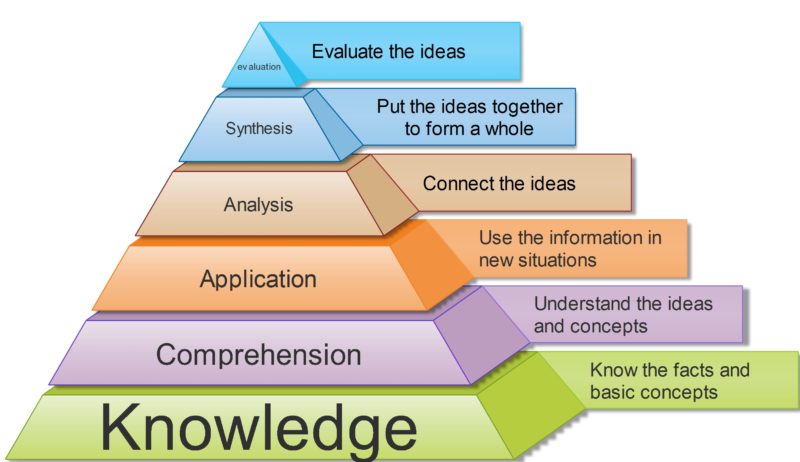
I think there is nothing wrong with with the taxonomy itself. It describes the process of learning very well. The higher a student gets during his learning the better he knows something. The problem is that some people saw this pyramid and came with a “revolutionary” idea. The teachers should concentrate on teaching the higher floors of the pyramid and not the knowledge.
It’s a complete misunderstanding of the concept. The pyramid describes what happens in the mind of learner once there is enough information the brain can work with. Thus we need to teach the KNOWLEDGE first and the learner needs a lot of it to be able to move higher. The taxonomy should be pictured in this way:
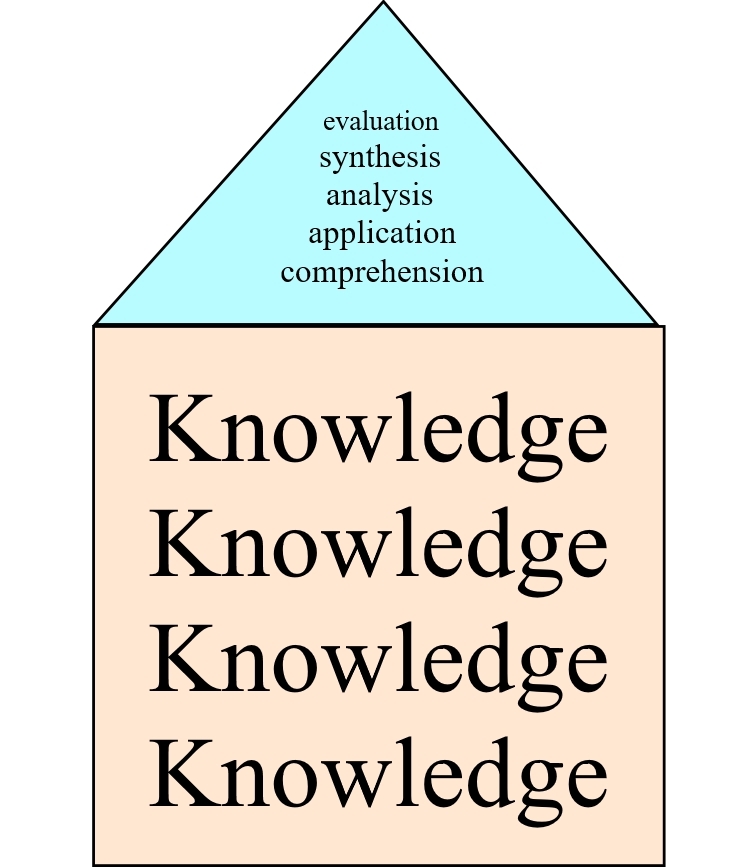
It is like a house. You need the walls first (KNOWLEDGE) to be able to build the higher thinking skills. Otherwise your house will fall apart.
Myth 3: Knowledge is obsolete
The third myth is often connected with the myth described above. People say that students don’t need to learn any facts because they can find them on the internet.
If you believe this try to google my name. Just type “Zdenek Rotrekl” and see what you get. Even though, it is very unusual name in the Czech Republic and I have published a lot of things on the internet under my name, you will think that I am a poet and a politician. And I died! Actually, in my search engine, there was just one bit of information about me on the first page of Google. The other articles were about other people.
How do I know that just one piece of information was about me? I have KNOWLEDGE. I have knowledge that helps me quickly sort the irrelevant information. However, if you search for things you know nothing about, you will not know which information is relevant and true. And honestly if you know nothing, you won’t be able to search for anything.
To learn our brain needs something to think about and with. Knowledge provides not only the things to think about but also the tools to think with. Without knowledge children will not be able to think. (See feral children.)
Myth 4: School Kills Creativity
This myth is a result of psychological experiment where children were given a spoon and they should have come up with as many possible uses for the spoon as possible. The shocking result was that pre-school children came up with more uses than the older children.
The explanation is simple. The younger children often came up with absolute nonsense but the psychologists gave them points for this. The older children simply didn’t share the stupid things that came to their mind. School doesn’t kill their creativity, it just makes their thinking more realistic.
Myth 5: Group Discussion Is BEST
Actually, this is true! Students should discuss their knowledge at school but they need to know a lot about the topic first. A group discussion could be conducted at the end of a term when you are sure that the students know what they talk about. In every other situation it is just a waste of time. Students will not learn anything.

Moreover, there is one more thing that should stop you using group work extensively. About a hundred years ago, M.Ringelmann found out that people who work in groups are less productive than the people who work alone. Strange, isn’t it?
Myth 6: Teach the 21st Century Skills
The term “21st-century skills” is generally used to refer to certain core competencies such as collaboration, critical thinking, problem-solving, communication and creativity. People often advocate that schools need to teach these things to help students thrive in today’s world.
But these skills are not new. People would not build the Wall of China without collaboration. Michelangelo would not paint anything without being creative. A I would still live in a socialist country if people didn’t use critical thinking and believed the propaganda. All these “21st-century skills” are natural to people. We are born with them and they needn’t be learnt.
Conclusion
The two books deal with all the areas mentioned above much more extensively than I can afford here. I will try to sum up the most important points here:
- learning is not easy
- retrieval (trying to remember) is learning
- teach knowledge
- growth mindset helps a lot
- success leads to motivation
- spaced out repetition.
If you would like to learn more, read the books. They are great!
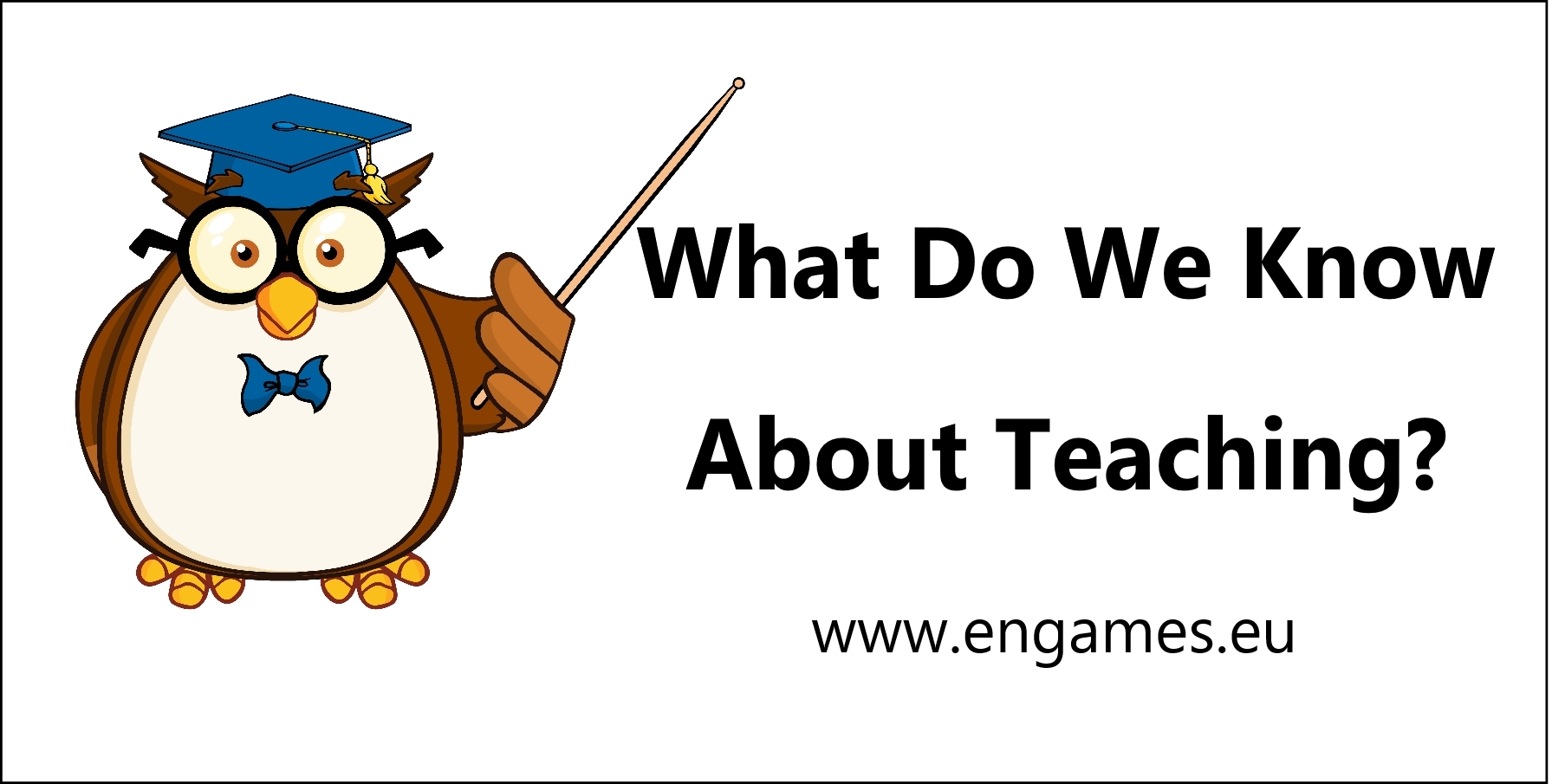
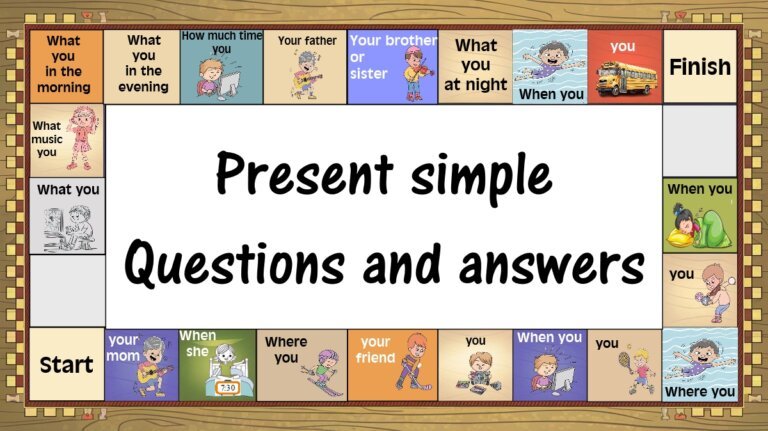
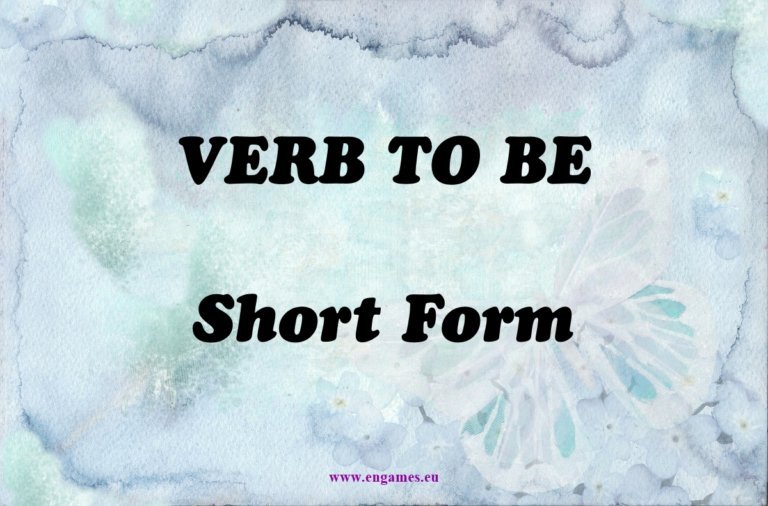
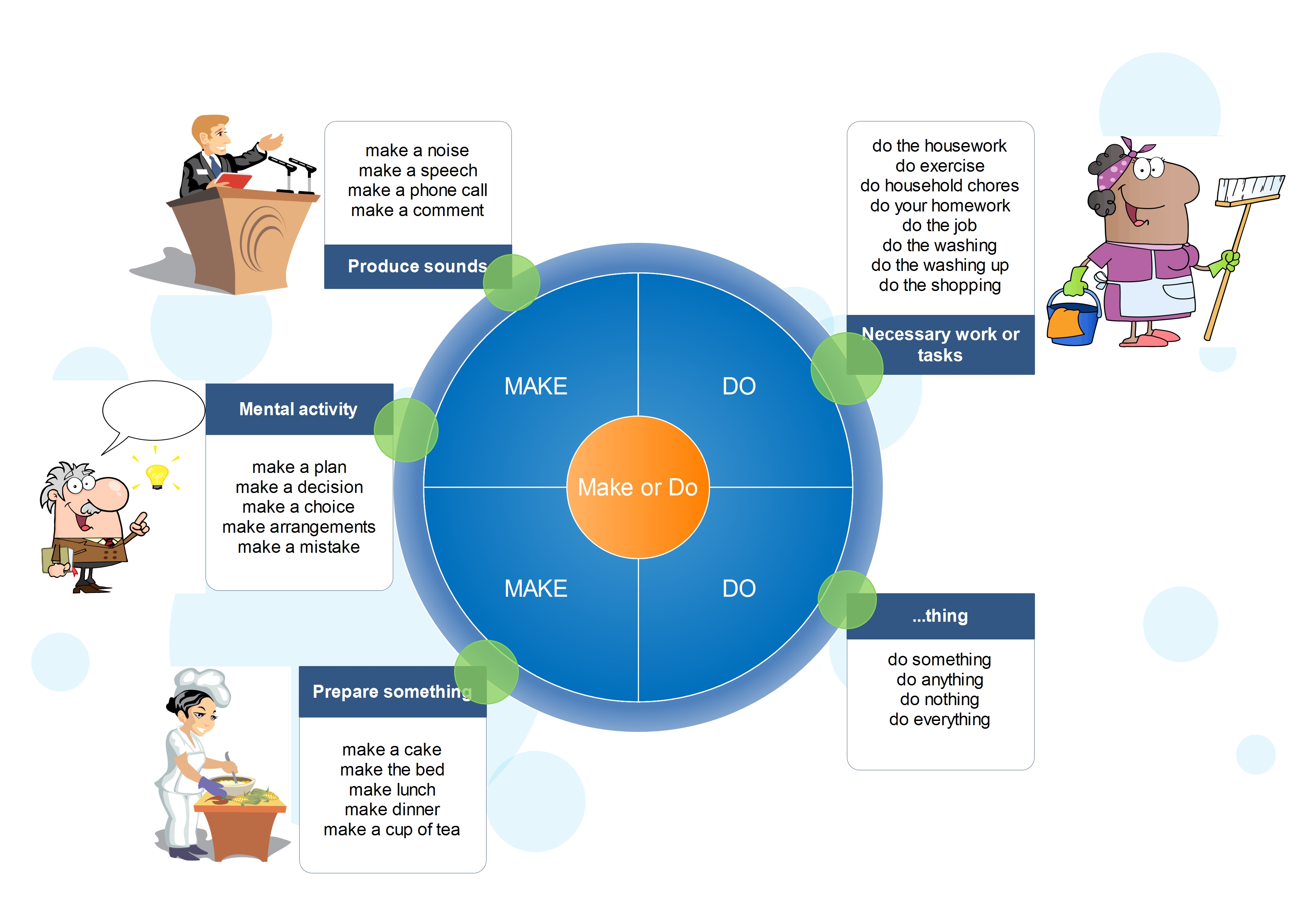
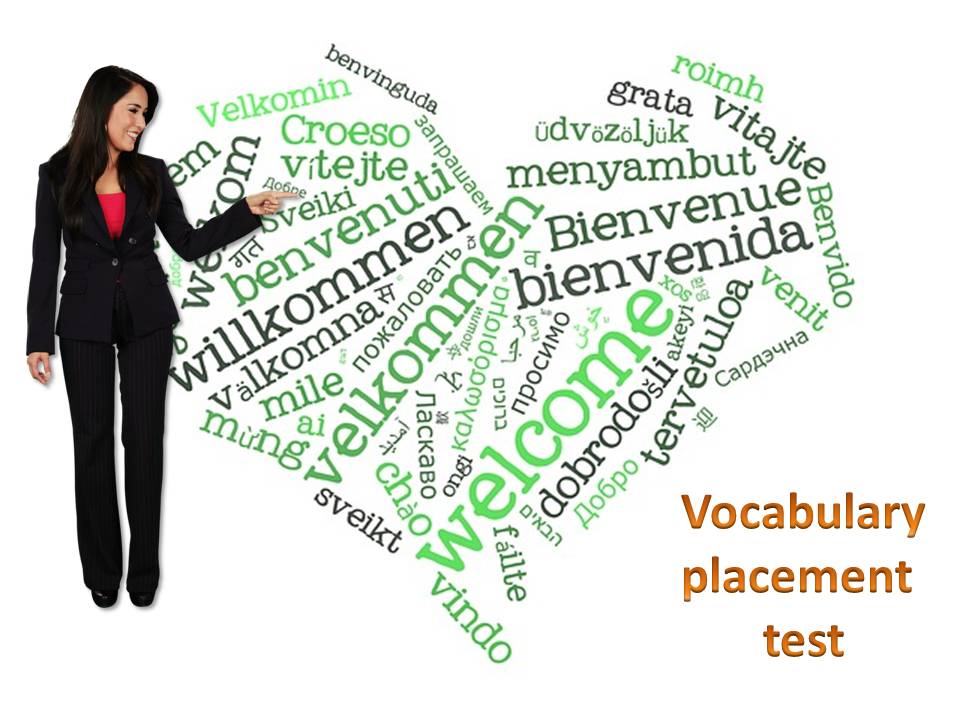
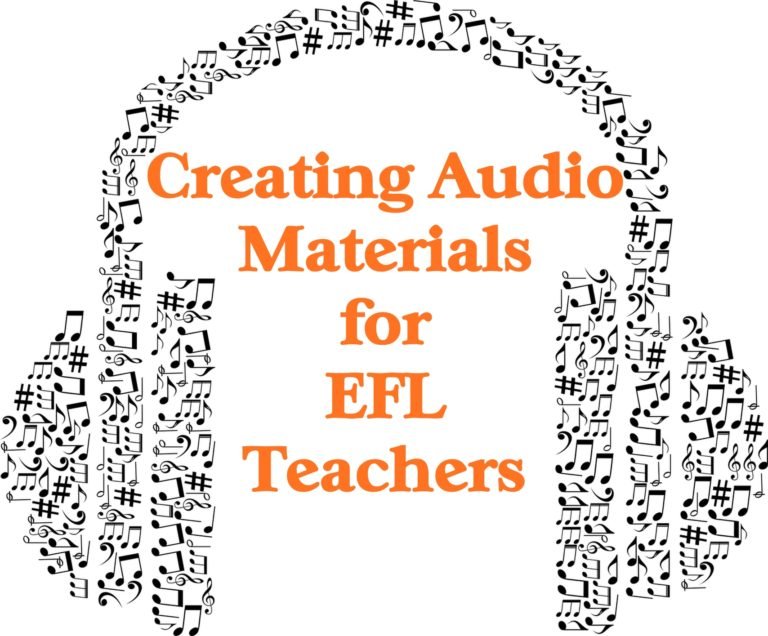
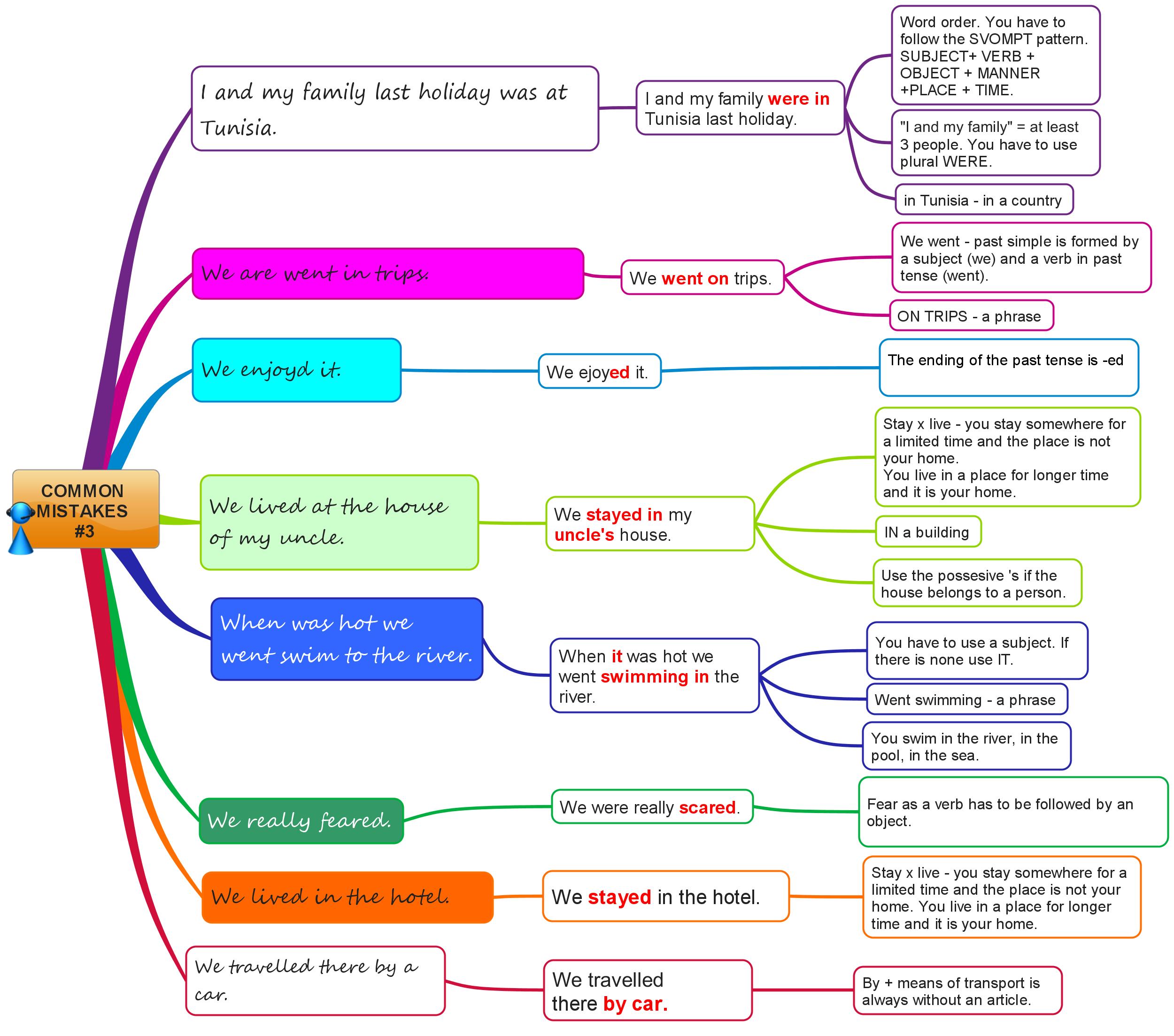
Thank you for the points you raised. It has been a great concern for me to learn more about teaching. I am still finding it difficult to handle a classroom. I think teaching shouldn’t be meant for teachers only. Every man is a teacher at given time in his life, therfore, everyone should learn how to teach.
I would like to ask if you could provide us with pdf version of two books you mentioned above, if that is not annoying to you.
Thank you.
I am afraid I could give you the pdf, but it would be stealing. You can buy the books on the AMAZON.
Thank you for this valuable information in the era in which everything must be “fun” to have any value to the public. I hope your text will bring some sense into the heads of parents and teachers who think that education HAS TO BE fun.
Unfortunately, not only the parents want the lessons to be fun. Many schoolmasters and people responsible for teaching believe in FUN schooling.